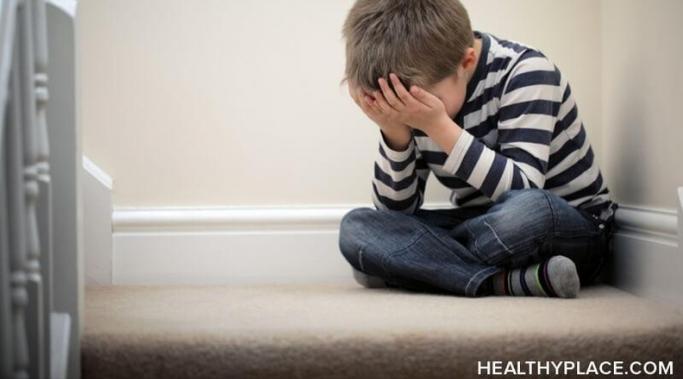Blogs
As someone who started flirting with anorexic behaviors in early adolescence, I have cycled both in and out of many toxic, compulsive traits over the years. But although I consider myself to be in a stable, consistent recovery mindset now, the competitive nature of my eating disorder still pulls me back into its orbit sometimes. In fact, I noticed this competitive streak reassert itself as recently as last night. The normally sweltering temperatures in metro-Phoenix have begun to cool down, so I went for a run with my husband to soak in the evening breeze. However, I was not hydrated enough to maintain our pace, and he easily outran me. Knowing my husband, this was not a race to him—it was a chance to spend quality time together—but as soon as he passed me, the competitive nature of my eating disorder took control.
Nobody is perfect. Another way of saying that is: everybody makes mistakes. They're an opportunity for growth—something about failing forward, or, without mistakes, there is no progress, and so on. Some people take their mistakes in stride, learning the lessons and moving forward, seemingly unconcerned. As for me, whenever I make or may make a mistake, I deal with anxiety bombs of varying sizes that go off inside me, rendering me twitchy, edgy, and generally a mess.
All too often borderline personality disorder (BPD) and suicidal ideation go hand-in-hand and I am no exception. I am grateful today that I survived my childhood and early adult years, but it was not easy. This is my experience with suicide before I knew I had BPD. (Note: This post contains a trigger warning.)
,我最近从苏格兰来到父母的house in Ireland. While it was great to see everyone, trips home aren't always plain sailing when you have attention-deficit/hyperactivity disorder (ADHD).
I've been on and off dating apps for many years. I joined a few of them again recently, and I've been struggling to decide how much to share about myself and my mental health, both on my profiles and in the messages I send.
Hello, everyone, and welcome to another installment of "How to Live a Blissful Life." Last week, I left you with approximately five-hundred words that could've been singularly captured with the Kanye West lyric, "when you try hard, that's when you die hard." That's why they pay him the big bucks, though, and to each his due. For my own part, I've killed nearly one-hundred words in this preamble and told you next to nothing, so I ought to get on with it already.
In middle school, I struggled to learn as quickly as most of my classmates. Sometimes, I could not finish all of my in-class assignments during the school day. So I added them to my homework folder. As my homework folder thickened, my anxiety increased. Looking back, several strategies helped me get through my homework anxiety. Continue reading this post to learn about five of those methods.
My name is Rebecca Chamaa, and I am excited to start writing for the blog "Creative Schizophrenia." I hope to share parts of my life and illness with you to understand better what living with schizophrenia can look like for someone who has dealt with mental illness for almost 30 years.
Life can get hard when things don't go as planned, and this is one of those situations. After writing for HealthyPlace about depression for three years and four months, I had no idea my journey would be cut short. Due to worsening mental health struggles, I have decided to stop writing about depression as an act of self-care. This is my last post for the Coping with Depression blog, and I want to express my gratitude to team HealthyPlace and my readers.
Verbal abuse can bring numerous harmful outcomes during and for years afterward. Unfortunately, self-isolation is just one of these side effects. In comparison, many victims will keep themselves away from others while in an abusive situation, while others, like myself, continue this behavior, even after breaking free.









